by Ronda Chervin
Philosophy is
love of wisdom (Plato).
Catholic is
love of Divine Wisdom (The Holy Spirit).
Transformative is
wisdom inspiring and changing ourselves (Professors and Students)
is complementary to other movements
such as Neo-Thomism, Catholic Phenomenology, and Personalism.
Our way of philosophizing emphasizes using personal experience of the transformative character of wisdom as a mode of challenging others to their own on-going grace-filled transformation.
Our blog will bring together each member’s ideas and questions.
These will be open for comments from other members,
or anyone who chooses to open the blog.
If you want to become a member write me, Dr. Ronda, and tell me how you see yourself as a
transformative Catholic thinker, teacher, writer, evangelizer, or whatever. ([email protected])
Here are some short biographical notes from those
who have agreed to participate in this movement and blog:
|
Ronda Chervin My experience of my family’s atheism led me to despair. Through the refutation of skepticism and relativism by Dietrich Von Hildebrand, and many supernatural graces, I came into the fullness of Catholic wisdom. This led to the grace-filled transformation of my life with a Catholic marriage and family and a life-time of being a Catholic professor, speaker and writer. |
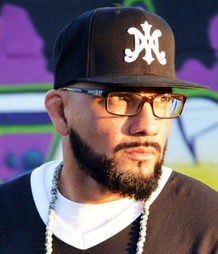
I am a National Speaker and full time Youth Minister who has been there and is now living it REAL for Christ! My intense approach and real style captures audiences. My passion for Christ and my experiences in life allow me to address the culture’s many ailments with answers found in Christ! My childhood consisted of sexual abuse, drugs, gangs, jailed and killed friends, family etc. Growing up the way I did led me to despair. At around the age of 22 I met a Youth Minister who helped me form my relationship with Christ. I became heavily involved in a Protestant youth ministry for years until I read my way into become Catholic years later. My powerful messages combined with my life stories, sprinkled with Biblical stories and the lives of the Saints help connect with teens and young adults because my electric discussions of faith and culture are in a language that they understand and are made relevant!
http://www.thecatholicyouthminister.com/_
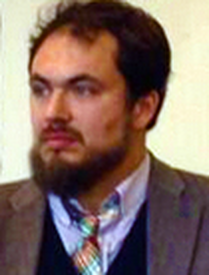
My wife and I homeschool as a way to "work out their salvation", and Catholic philosophy and perennial philosophy are a central part of our children's curriculum.
I am a professor-teacher who has lived and studied in Spain and Poland. I love stories of transformation, pilgrimage, and homecoming, and see Transformational Catholic Philosophy as a way of life that leads to the habits of joy, mirth, gratitude, humility, grace, and to relationship with Him.
This is my working thesis for my writings for the Transformational Catholic Philosophy community: Truth is for freedom; freedom is for goodness; goodness is for community in love--in which authentic happiness is found. And if I were to write a fortune cookie message for the group, it would read like this: Good philosophy is to the intellect what a good chiropractor is to the spine; therefore, good philosophy feels right.
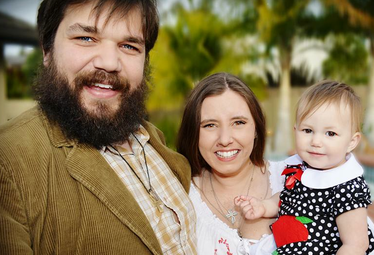
Sean:
I grew up in a vehemently anti-religious household. Although I was an atheist and materialist I never ceased looking for the source of truth, beauty and goodness. In college, I met and married my future wife, Jennifer, a philosopher at heart who had fallen away from the Catholic faith. After college we joined the Peace Corps and set off for Malawi, a small country in southern Africa. During my service I met a devout Malawian Christian whose love, friendship and persistence battered down the walls of atheism! The Gospels were the most beautiful thing I had ever read. Here, finally, was the source of truth, beauty and goodness I’d so long sought! It was not an ideology but the living word made flesh, Jesus Christ! After Peace Corps, I joined the Catholic Church. By God’s grace Jen also returned to the Church and she is blessed with a living faith. Not long after our dramatic conversions, we had our first child together, Teresa. I am currently a Ph.D. candidate in Geology at the University of Michigan, Ann Arbor and I hope one day to become a science professor (perhaps at a Catholic institution) and raise a big family.
Jenny:
After hiding from God my whole life, I finally got it together and returned to the Church shortly after the birth of my daughter, Teresa. I spend most of my time trying to be a good mother, going to Mass, visiting with family and friends, thinking, and reading good books. I am currently studying Philosophy with the online program at Holy Apostles College and Seminary. I got my B.A. in philosophy at UCLA.
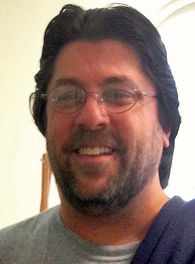
Growing up in a lower-middle class Italian neighborhood provided a wonderful exposure to extensive family relations and simple material contentment. Hardly idyllic but nonetheless stable, I am now trying to provide the same to my wonderful wife, and three daughters who are now young women, in addition to my two granddaughters. I have been a professional artist for my entire adult life and for the last decade, a high school moral theology teacher where I have witnessed the effect both affluence and sexualization has on the forming minds and hearts of young urban students. This entire life experience has set me off to identify the shifts in Western culture on two fronts that are simple to identity yet difficult to culturally counter. One addresses the lure of wealth, notoriety and power over truth, beauty and goodness, particularly in education. The second is to recapture an intimacy unmoored from sexualization in order that on all levels we may grow in empathy and experience loving Christian relationships that nurture both familial fulfillment and material contentedness, which are otherwise thwarted by narcissistic tendencies.
|
|
Dear Transformative Catholic Philosophers,
I want to open our first week of sharings with something from me about my first transformative Catholic philosophy book: Voyage to Insight. When I first started teaching I assumed I would just simplify my notes from graduate school and someday write an article or two for a scholarly journal. The first big writing break from this plan came because I was teaching Introduction to Philosophy and I got the inspiration, I hope from the Holy Spirit, to work up a totally different kind of textbook than the ones I had read in school myself. Voyage to Insight compared the search for truth to a sea voyage. |

Fitting out the Ship -
Ideas to be Jettisoned, Deepest Truths to take “on board.”
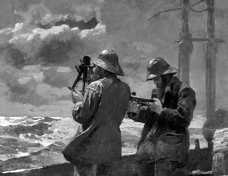
Navigating
– about steering by means of logic, experience,intuition
and/or faith.
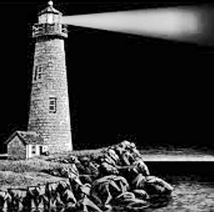
The Sun, Stars and Lighthouses
- about God, wisdom-figures and great insights.

A Utopian Island
- about ethics and social philosophy.
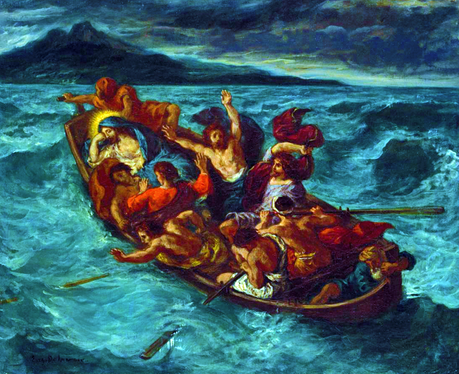
Besides the sea voyage imagery, every chapter had room for the reader to write his/her own responses.
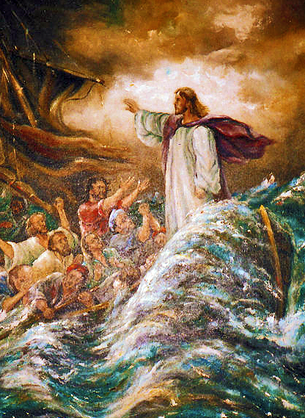
Happily, this book, used for decades, after having first been published by a small press called Chiaro-Oscuro, has now be re-published by Enroute Books and Media. They have added even more graphics, especially pictures of the thinkers being quoted. In case you want to use Voyage to Insight for students or seekers sometime, you can find it at
enroutebooksandmedia.com.
The publisher might even send you a free review copy if tell him that you are a transformative Catholic philosopher!
Room-inating Our Moods
|
After she had imagined this unpleasant room, I suggested that she mentally clear out the negative “stuff” in that room, and to re-design that room in her thought. I think it made a difference, at least for that moment. I was especially interested because this person has been treated for chronic depression most of her adult life.
|
|
Some years ago, I had observed to a counselor that when one of us is feeling depressed, temporary relief may occur if we listen to sad music to match the mood. He agreed, but he also stipulated that one should listen to that sad music for around fifteen or twenty minutes, and then choose to switch to some more joyful or upbeat melodies.
|
|
I am all for harmless experimentation, and so, soon after the episode with the woman experiencing depression, I was wide awake one night, and could not get back to sleep, tossing and turning, mentally “awful-izing” about my own hyper schedule. So, I decided to try the room experiment. Matching the mood of that moment, I visualized a grayish brown , dirty, dingy room with plenty of occupied cobwebs and plenty of broken glass and broken egg shells on the floor.
|


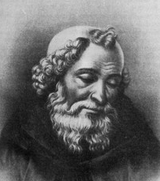
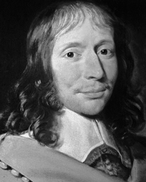
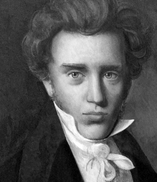

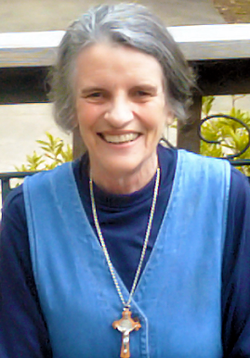
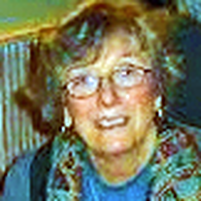
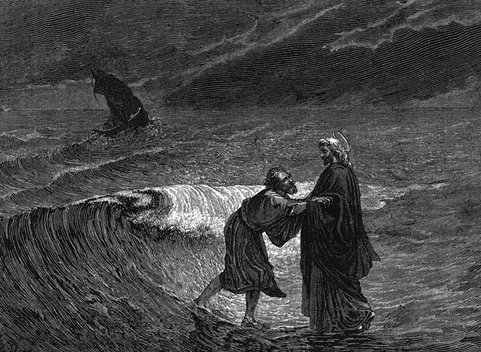
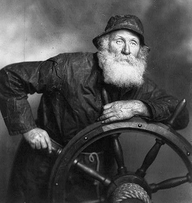
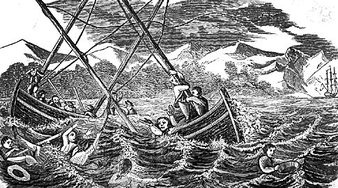

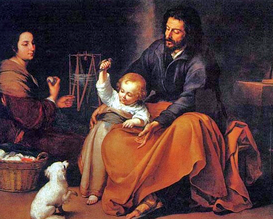

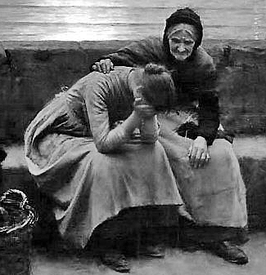
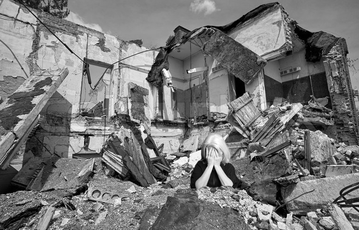
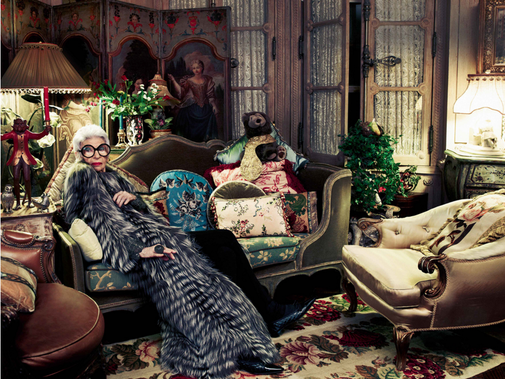
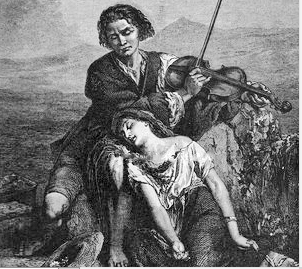

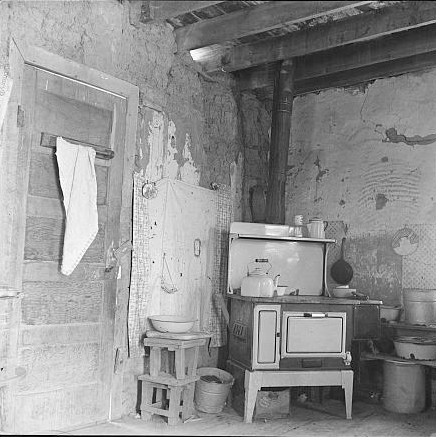
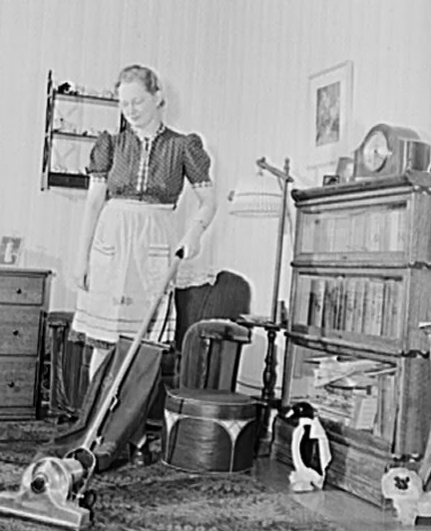
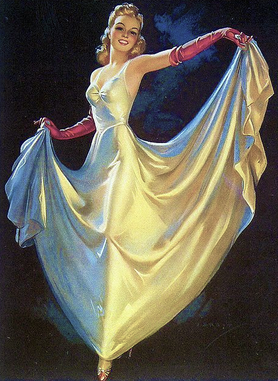
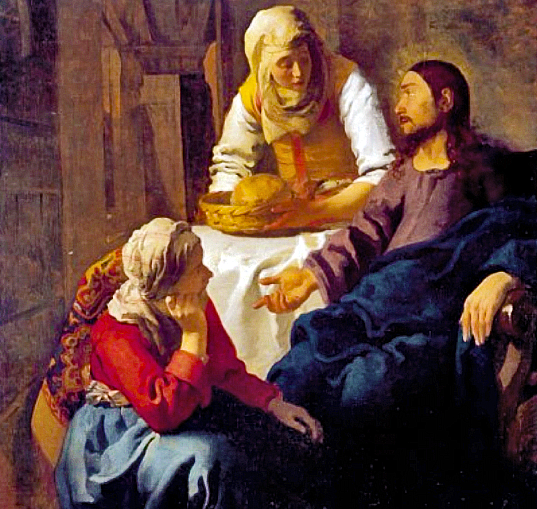
 RSS Feed
RSS Feed